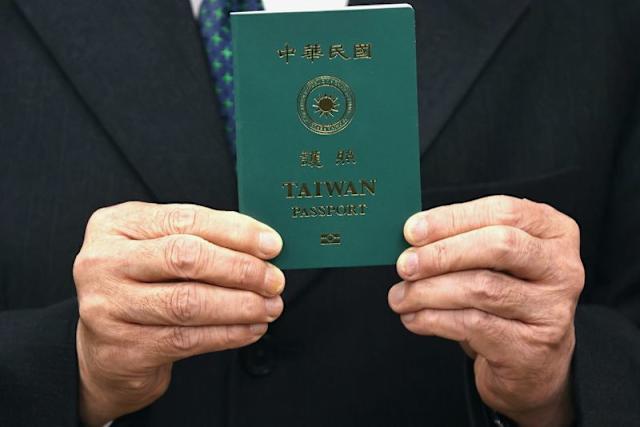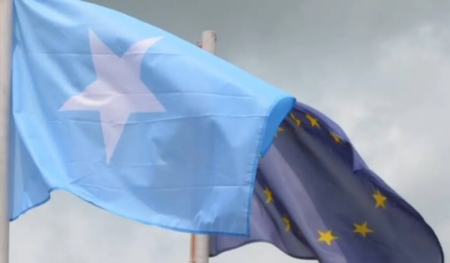Taiwan’s Ministry of Foreign Affairs (MOFA) has strongly criticized Somalia after it ceased accepting Taiwan-issued passports, a move seen as aligning with Beijing’s One-China policy. The decision restricts travel and official engagement for Taiwanese citizens in Somalia. Taiwan reaffirmed its sovereignty and called for respect for its international presence.
MOFA Condemns Somalia for Passport Rejection
According to Taiwan’s Ministry of Foreign Affairs, over 140 countries and territories accept Taiwan passports for entry. Somalia’s latest decision to reject them marks a step back in diplomatic engagement. This move aligns Somalia with China’s stance, which denies Taiwan’s sovereignty. MOFA Condemns Somalia for politicizing citizen mobility based on geopolitical influence.
Diplomatic Fallout from Taiwan Passport Ban
A report from the Lowy Institute indicates that only 13 countries maintain formal diplomatic relations with Taiwan due to China’s pressure. The ban by Somalia reflects increasing diplomatic polarization. It may influence other nations with weak ties to Taiwan to follow suit. This trend limits Taiwan’s global space despite its democratic governance.
Regional Implications of Somalia’s Policy Shift
The Horn of Africa has become a strategic region where global powers like China are expanding influence. According to a 2024 African Union briefing, Chinese investment in Somalia has increased by over 30% since 2022. The passport rejection may signal Somalia’s deeper alignment with Beijing’s foreign policy objectives, affecting regional diplomacy.
MOFA Condemns Somalia in Latest Diplomatic Row
In 2023, Taiwan saw over 12,000 outbound travelers holding Taiwan passports to African destinations. Somalia’s rejection potentially affects humanitarian workers, investors, and diaspora ties. MOFA Condemns Somalia once again for isolating Taiwan through politically motivated barriers, calling it a threat to international cooperation and human rights.
This diplomatic rift may discourage other African nations from building informal ties with Taiwan. Analysts suggest that China’s growing presence in Africa is increasingly shaping local foreign policy decisions.








